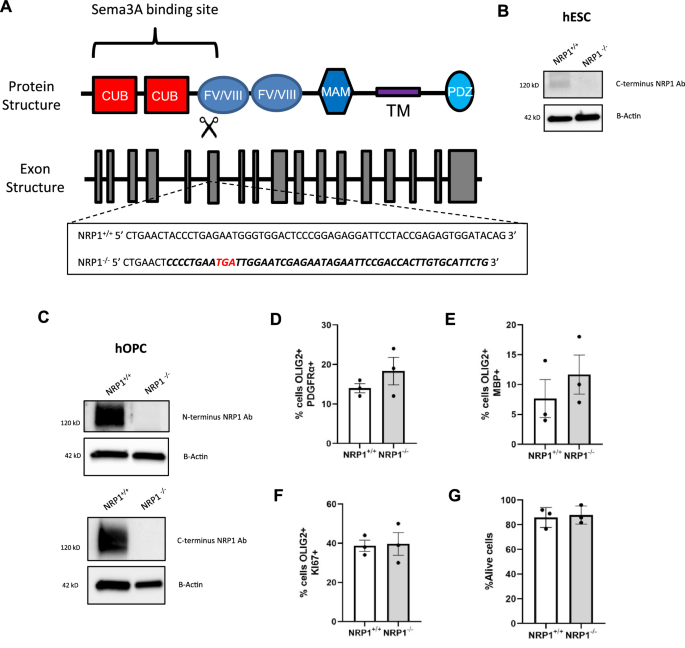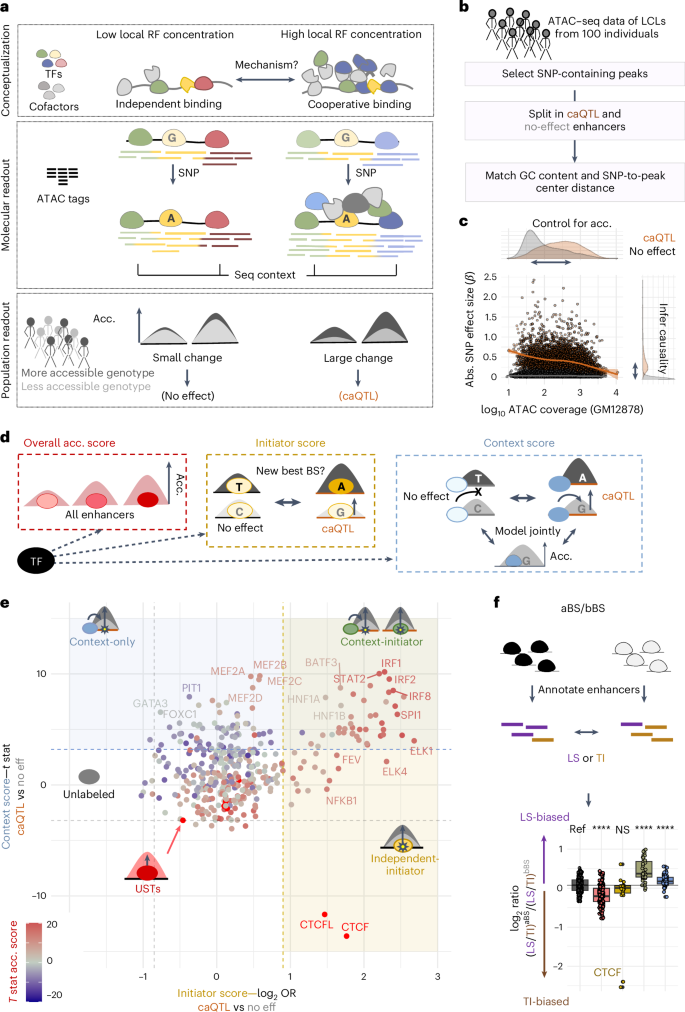2024-10-09 エディンバラ大学
<関連情報>
- https://www.ed.ac.uk/news/2024/gene-edited-cells-could-halt-ms-progression
- https://www.nature.com/articles/s41467-024-52444-w
CRISPRで編集したヒトES由来のオリゴデンドロサイト前駆細胞がネズミの再髄鞘形成を改善する CRISPR-edited human ES-derived oligodendrocyte progenitor cells improve remyelination in rodents
Laura J. Wagstaff,Nadine Bestard-Cuche,Maja Kaczmarek,Antonella Fidanza,Lorraine McNeil,Robin J. M. Franklin & Anna C. Williams
Nature Communications Published:09 October 2024
DOI:https://doi.org/10.1038/s41467-024-52444-w

Abstract
In Multiple Sclerosis (MS), inflammatory demyelinated lesions in the brain and spinal cord lead to neurodegeneration and progressive disability. Remyelination can restore fast saltatory conduction and neuroprotection but is inefficient in MS especially with increasing age, and is not yet treatable with therapies. Intrinsic and extrinsic inhibition of oligodendrocyte progenitor cell (OPC) function contributes to remyelination failure, and we hypothesised that the transplantation of ‘improved’ OPCs, genetically edited to overcome these obstacles, could improve remyelination. Here, we edit human(h) embryonic stem cell-derived OPCs to be unresponsive to a chemorepellent released from chronic MS lesions, and transplant them into rodent models of chronic lesions. Edited hOPCs display enhanced migration and remyelination compared to controls, regardless of the host age and length of time post-transplant. We show that genetic manipulation and transplantation of hOPCs overcomes the negative environment inhibiting remyelination, with translational implications for therapeutic strategies for people with progressive MS.


